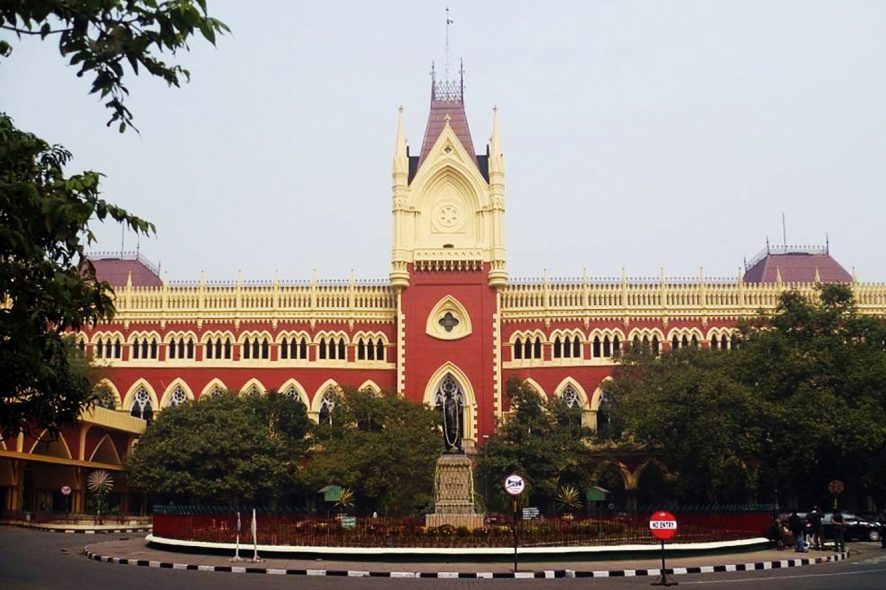Calcutta High Court: Shekhar B. Saraf, J., while allowing the present petition held that,
“Lawyer using a domestic space as his chamber for his livelihood cannot be placed in the commercial category.”
The present writ petition was filed to resolve the issue as to whether a lawyer using a domestic space as his chambers is liable to be charged with a tariff on a commercial basis.
Petitioner who is a practicing lawyer was having a chamber on the ground floor of the multi-storied building where he resided on the third floor. He had made an application for a new electric connection on the ground floor under the category domestic (urban).
CESC Limited had sent the petitioner a quotation for payment of service charges and security deposit on the basis of commercial connection. Later on, receiving the same, the petitioner raised an objection to the said quotation and sought a fresh quotation on the basis of domestic connection.
Aggrieved with the above, the petitioner filed the present petition.
Counsel for the petitioner, Subir Sanyal, submitted that the profession of a lawyer cannot be equated as a commercial activity. Neither the Electricity Act nor any Rules or Regulations framed thereunder define the term “commercial”.
In reference to the above, counsel cited the case — V. Sasidharan v. Peter and Karunakar, (1984) 4 SCC 230, wherein the following was held:
“…under the Shops and Establishment Act, the establishment of a legal practitioner/ firm of lawyers was held not to be a commercial establishment.”
Advocate Rajiv Lall, appearing on behalf of CESC Limited, relied on the Supreme Court decision in,
M.P. Electricity Board v. Shiv Narayan, (2005) 7 SCC 283, to indicate that the activity of a lawyer running an office falls under the category of non-domestic use.
Analysis
High Court on perusal of the Supreme Court decision in M.P. Electricity Board v. Shiv Narayan, (2005) 7 SCC 283, stated that it is evident that the tariff entries in the case before the Supreme Court were of two categories, that is, (a) “domestic purposes” and (b) “commercial and non-domestic purposes”. The Supreme Court after examining held that as the use was not domestic it would fall in the category of “commercial and non-domestic” and further held that running an office is clearly a “non-domestic” use.
“There is a fundamental distinction between a professional activity and an activity of a commercial character, and therefore, it is crystal clear that the legal profession would not fall under the category of ‘Commercial (Urban)’.”
Further, the Court noted that the categorization in the tariff of CESC Ltd. only contains two categories of relevance to the present case:
- Domestic (Urban)
- Commercial (Urban)
Thus the Court added that upon reading of the Supreme Court’s decision in M.P. Electricity Board v. Shiv Narayan, (2005) 7 SCC 283,
…it is crystal clear that the legal profession would fall under the category of “non-domestic”
Decision
Hence, the High Court in view of the present case stated that,
“…space on the ground floor has been taken by the petitioner as an extension of his residence for the use of the space as his legal chamber. The above factual matrix is clearly distinguishable from law firms and proprietorship firms that are having offices in commercial spaces dealing with litigation and non-litigation work.”
Thus, chambers of a litigation lawyer are clearly used for his livelihood, and accordingly, the benefit of doubt is required to be given to such a petitioner placing him in the category of the “Domestic (Urban)”
In view of the above, the writ petition was allowed. [Arup Sarkar v. C.E.S.C. Ltd., 2020 SCC OnLine Cal 295, decided on 11-02-2020]






